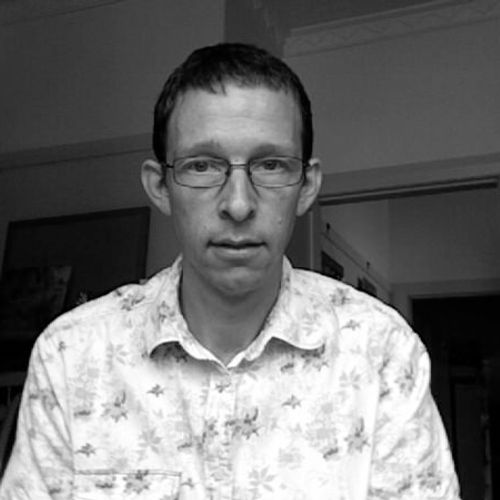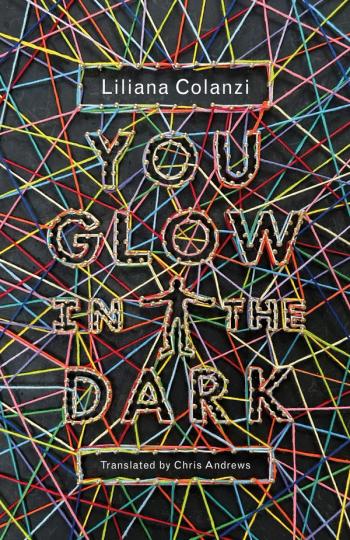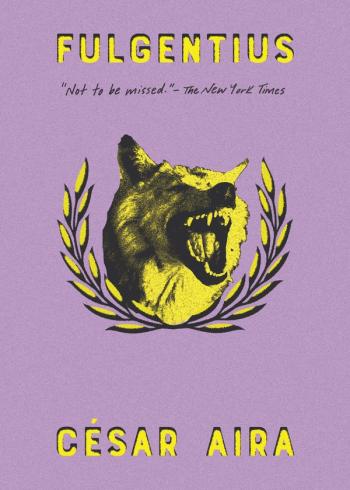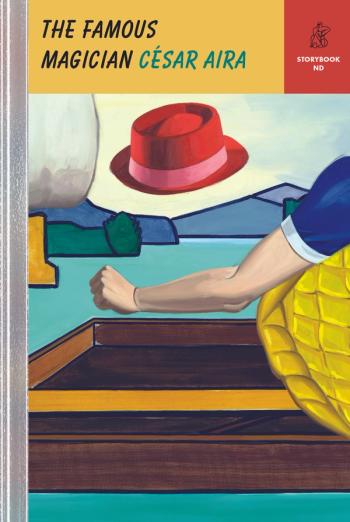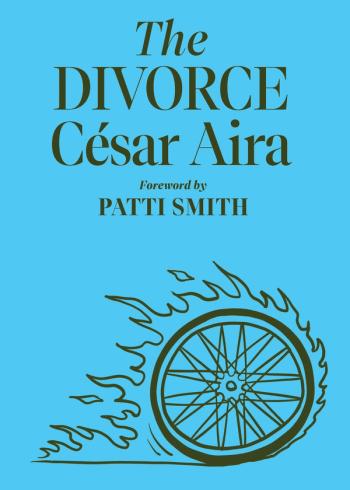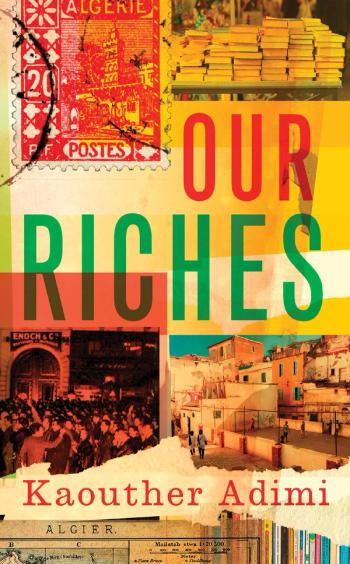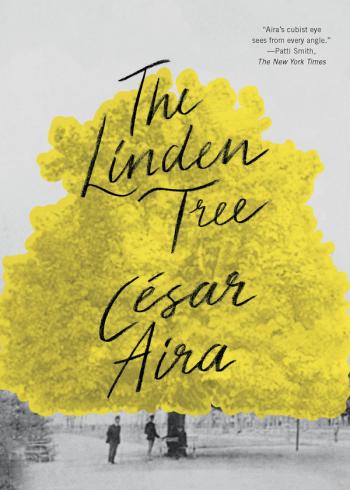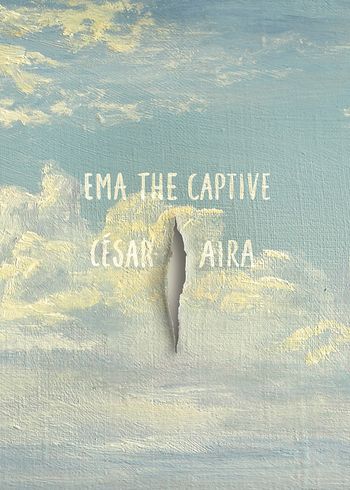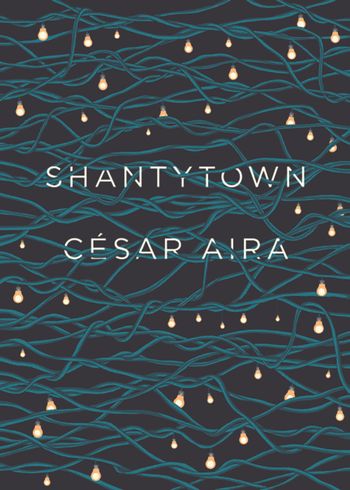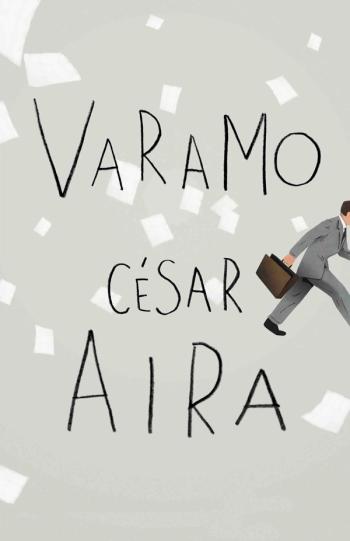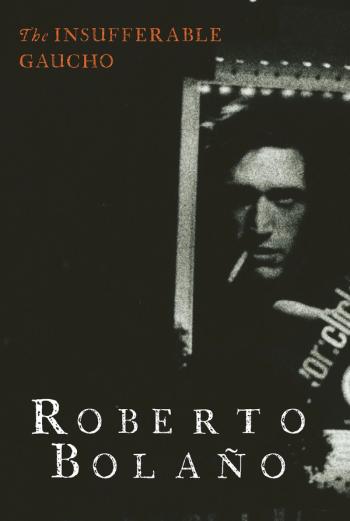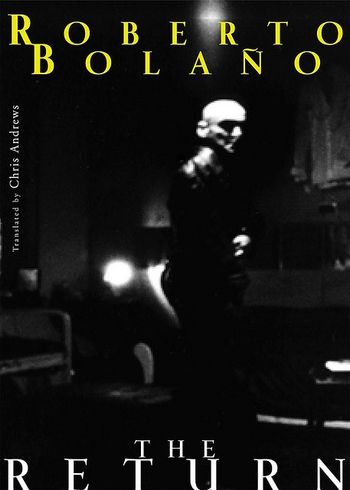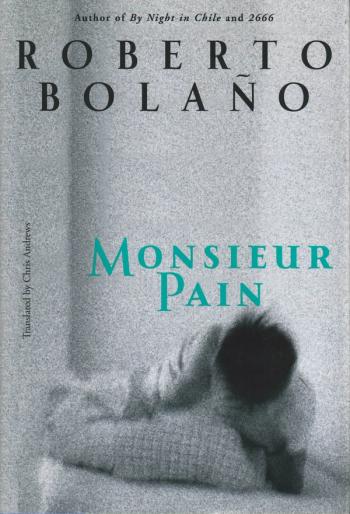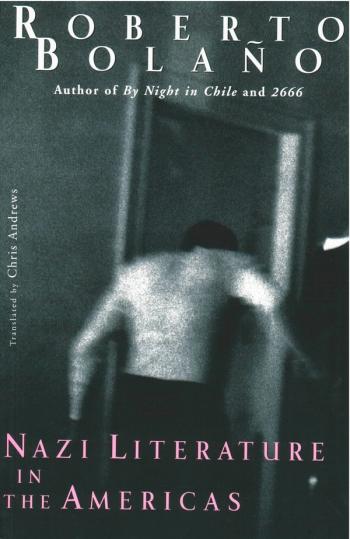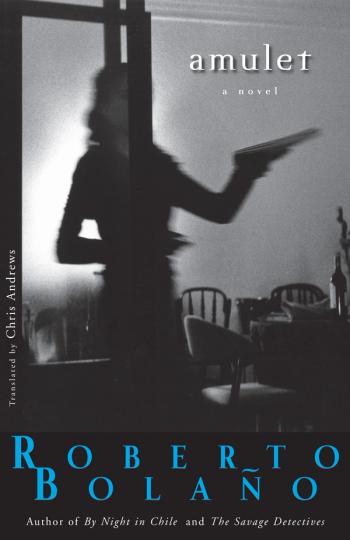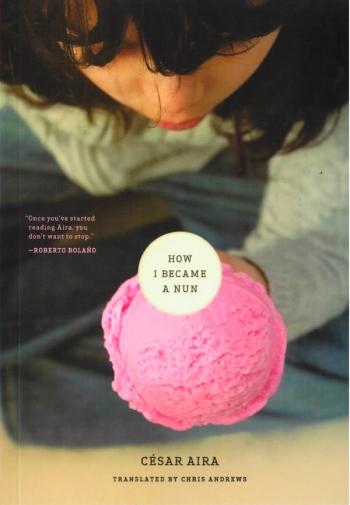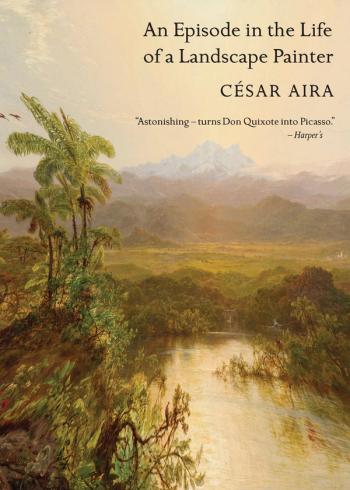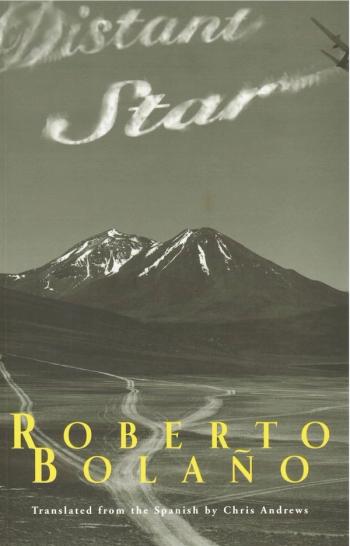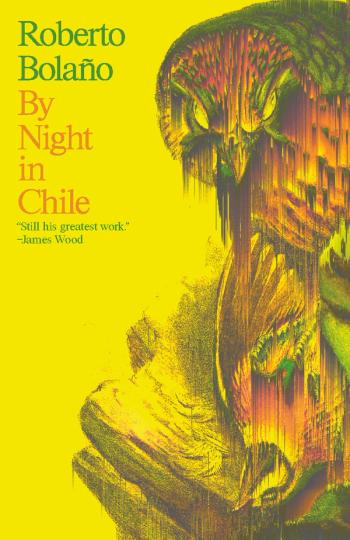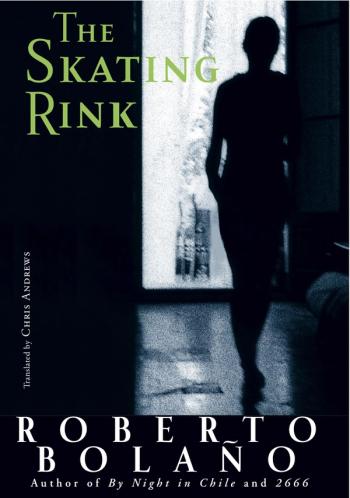As translator
I Don’t Care
You Glow in the Dark
Fulgentius
The Famous Magician
The Divorce
Our Riches
Birthday
The Linden Tree
Ema, the Captive
The Musical Brain
The Secret of Evil
Shantytown
Varamo
The Insufferable Gaucho
The Return
Monsieur Pain
Nazi Literature in the Americas
Ghosts
Amulet
How I Became a Nun
An Episode in the Life of a Landscape Painter
Distant Star
By Night in Chile
The Skating Rink
Chris Andrews
Chris Andrews was born in Newcastle, Australia, in 1962. He studied at the University of Melbourne and taught there, in the French program, from 1995 to 2008. He also taught at the University of Western Sydney, where he was a member of the Writing and Society Research Center. As well as translating nine books by Roberto Bolaño and ten books (and counting) by César Aira, he also brought the French author Kaouther Adimi’s Our Riches into English for New Directions. Andrews has won the Valle-Inclán Prize and the French-American Foundation Translation Prize for his translations. Additionally, he has published the critical studies Poetry and Cosmogony: Science in the Writing of Queneau and Ponge and Roberto Bolaño’s Fiction: An Expanding Universe as well as two collections of poems, Cut Lunch and Lime Green Chair, for which he won the Anthony Hecht Poetry Prize.
